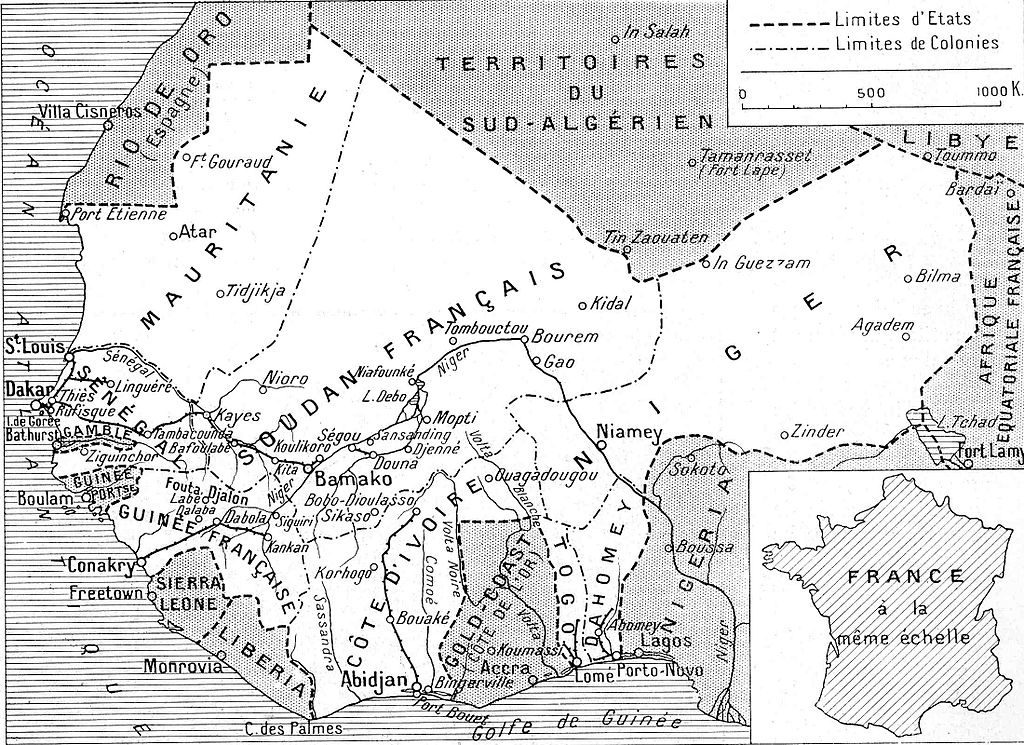In this past week, we’ve seen a coup attempt in Niger. So what happened? Who’s involved? How did we get here and where are we heading?
Niger is one of the countries of the Sahel. The Sahel possesses some of the highest levels of political instability areas in the world. It is a strip of Africa that stretches from Northern Senegal, through Mauritania, Mali, Burkina Faso, Niger, Nigeria, Chad, Sudan, South Sudan, and Eritrea.
How did we get to this coup? To understand the coup occurring today, and the secondary and tertiary effects, we need to study the history.
We’ll begin in the 1890s when the French began to control some areas of modern-day Niger. Like most colonies, the French wanted to expand the capabilities of their trade and access new raw materials which they could exploit from these regions. The justification made by the French was to civilize underdeveloped nations. The truth is it was for power and profits. This colonialism was at the expense of losing land and labour exploitation of those who lived in Niger. But the French didn’t take control of Niger overnight. It took the French until 1922 to manage the Tuareg ethnic group upon which it finally became a French colony.
One of the first acts of the French in their colonising mission was to build a military fort in Niamey in 1902. At this point, Niamey was just a fishing village, but fast forward to 1926 and Niamey was made the capital, moved from the former capital of Zinder. Niamey remains the capital city to this day. The French wanted this to enable smoother trade along the Niger River with its other colonies. By 1936, French West Africa looked like this:
During World War Two, when the French fell to Germany in June 1940, Niger came under the umbrella of the Vichy government. The Vichy government was a regime that aligned with Nazi Germany. In 1942, Operation Torch was launched by the Allies which included an invasion of French North Africa (Algeria, Morocco). The states under the Vichy government initially resisted but eventually switched sides to join the Free French forces led by Charles de Gaulle. Niger remained aligned with the Free French movement until the end of the war.
After World War Two, Niger remained a French colony until August 3rd, 1960, when it gained independence.
The effects of former colonies gaining independence cannot be brushed past. Economically, Niger’s natural resources had been exported for French gain, and so limited investment had been made in developing Niger.
Socially, the French brought with them Christianity and Western education. This challenged the traditional Niger culture of Islam, which was spread over thousands of years. Today, 99% of the population practices Islam. The French language also became widespread in Niger.
One of its biggest issues post-colonially was political. Niger has struggled to maintain stable governance. Such events are examples of this:
Keep reading with a 7-day free trial
Subscribe to Geopolitics Explained to keep reading this post and get 7 days of free access to the full post archives.





